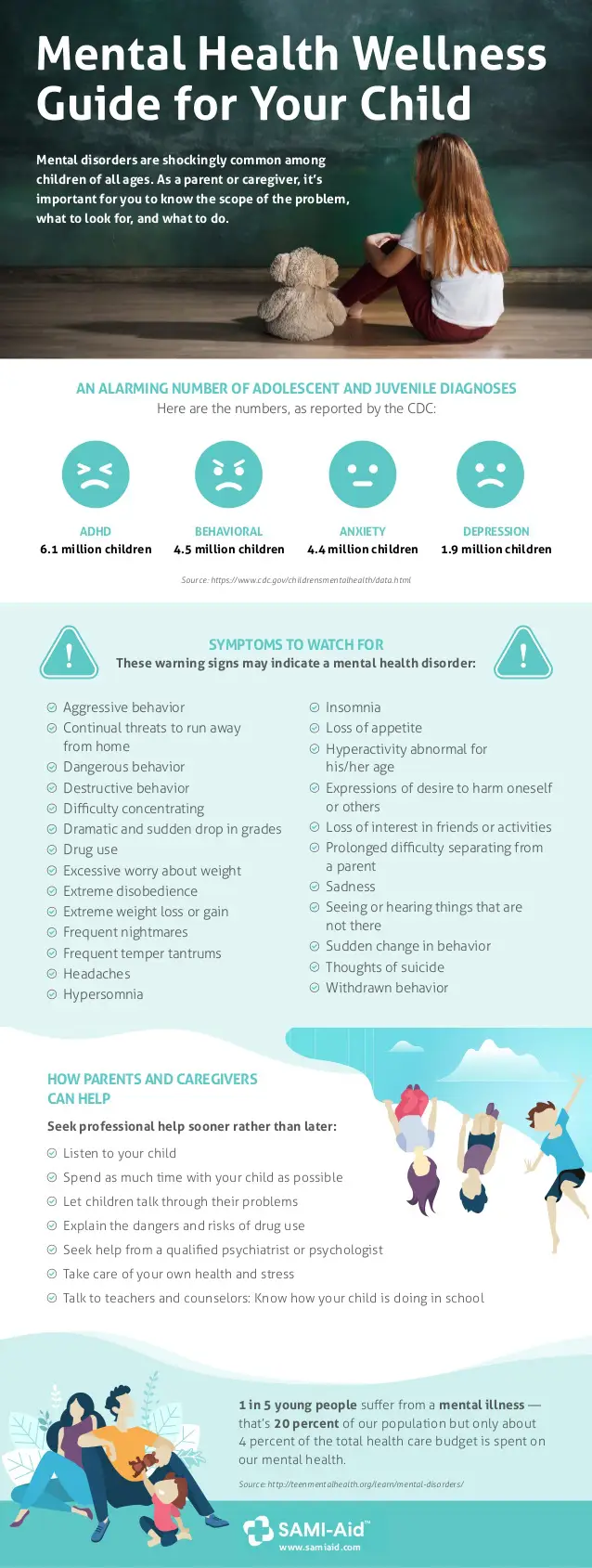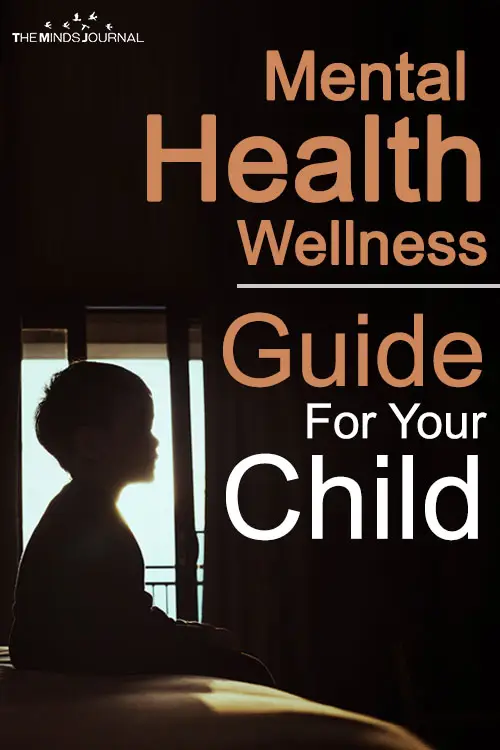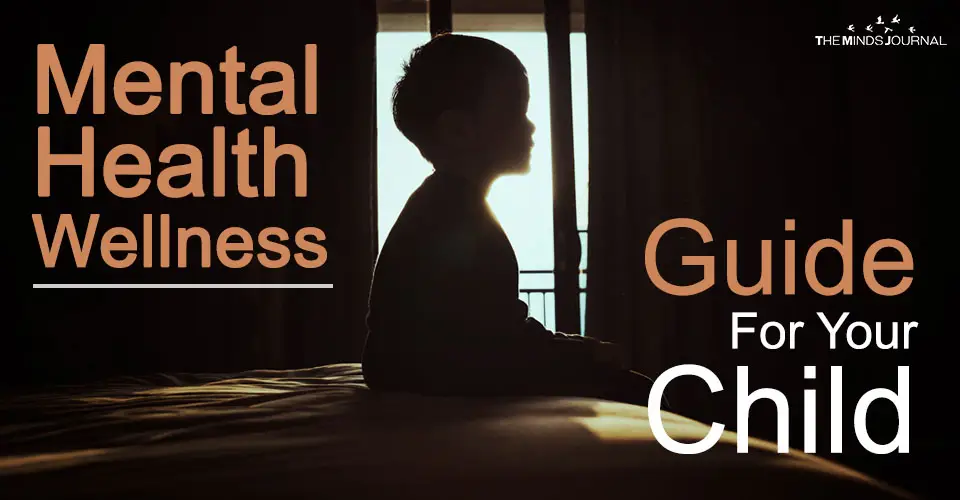Did you know that mental health disorders are common in young children? According to a recent study, about one in six children has a treatable mental health condition. Predominate childhood mental disorders include attention deficit hyperactivity disorder (ADHD), anxiety and depression. These psychological disorders can have a lifelong impact on a child and his or her family. As a parent, you play a vital role in your child’s mental health. Here’s how to recognize the warning signs of mental illness in your child and how you could help him or her cope.
Mental illness in children might be difficult for parents to identify, but early detection may improve your child’s ability to succeed in life and school. Children can develop the same mental disorders as adults but may express them differently. Warning signs of mental health disorders in children include aggressive behavior, insomnia, sadness, extreme weight loss or gain, thoughts of suicide, trouble concentrating, and a sudden decline in grades.
If you’re concerned about your child’s mental health, it’s important to seek the appropriate care. Consult with your child’s primary care physician about any changes you’ve noticed in his or her behavior. The doctor may recommend further evaluation by a specialist with experience in behavioral problems. You also could speak to your youngster’s teachers and counselors to find out how your child is performing in school.
Read The Healing Power of Music: How Music Therapy Improves Mental Health
Encourage open communication by letting your kid talk to you about his or her thoughts, feelings, problems or challenging situations. You might not understand some of the issues with which he or she may be dealing, but it’s important to accept that these difficulties are real to your child.
For more ways to help your child cope with mental illness, see the accompanying guide.
1. HOW PARENTS AND CAREGIVERS CAN HELP
Seek professional help sooner rather than later:
Listen to your child Spend as much time with your child as possible Let children talk through their problems Explain the dangers and risks of drug use Seek help from a qualified psychiatrist or psychologist Take care of your own health and stress Talk to teachers and counselors: Know how your child is doing in school Mental Health Wellness Guide for Your Child Mental disorders are shockingly common among children of all ages. As a parent or caregiver, it’s important for you to know the scope of the problem, what to look for, and what to do.
2. AN ALARMING NUMBER OF ADOLESCENT AND JUVENILE DIAGNOSES
Here are the numbers, as reported by the CDC:
Source: https://www.cdc.gov/childrensmentalhealth/data.html
- ADHD: 6.1 million children
- BEHAVIORAL: 4.5 million children
- ANXIETY: 4.4 million children
- DEPRESSION: 1.9 million children
3. SYMPTOMS TO WATCH FOR
These warning signs may indicate a mental health disorder:
1. Aggressive behavior
2. Continual threats to run away from home
3. Dangerous Behavior
4. Destructive behavior
5. Difficulty concentrating
6. The dramatic and sudden drop in grades
7. Drug use
8. Excessive worry about weight
9. Extreme disobedience
10. Extreme weight loss or gain
11. Frequent nightmares
12. Frequent temper tantrums
13. Headaches
14. Hypersomnia
15. Insomnia
16. Loss of appetite
17. Hyperactivity abnormal for his/her age
18. Expressions of desire to harm oneself or others
19. Loss of interest in friends or activities
20. Prolonged difficulty separating from a parent
21. Sadness
22. Seeing or hearing things that are not there
23. Sudden change in behavior
24. Thoughts of suicide
25. Withdrawn behavior
1 in 5 young people suffer from a mental illness — that’s 20 percent of our population but only about 4 percent of the total health care budget is spent on our mental health.
Source: http://teenmentalhealth.org/learn/mental-disorders/
Read Quick Ways to De-Stress and Improve Mental Health

Written by Bijan Farhangui









Leave a Reply
You must be logged in to post a comment.